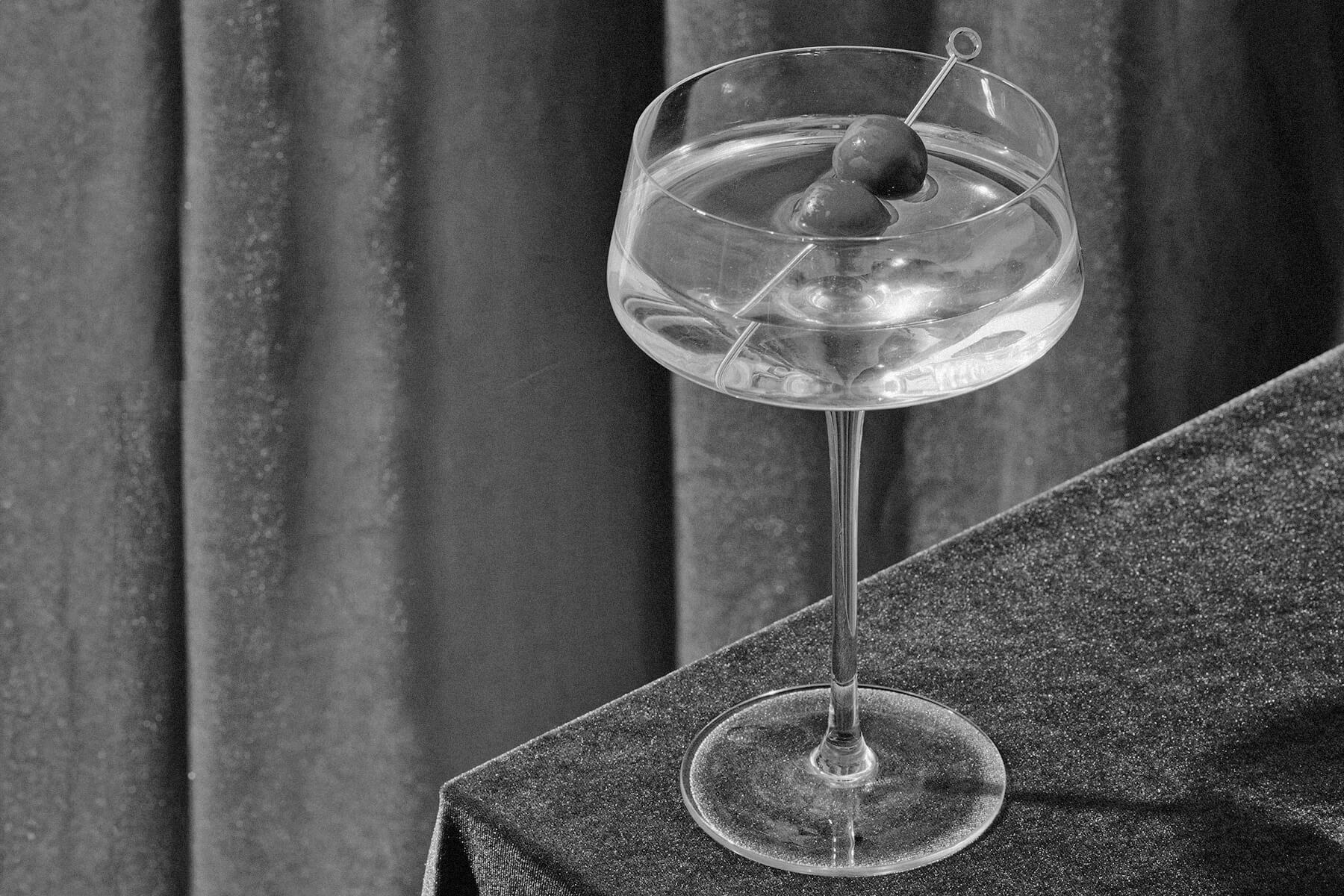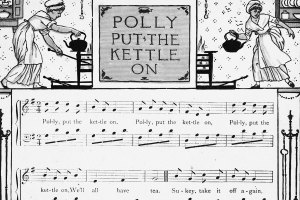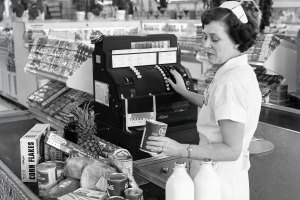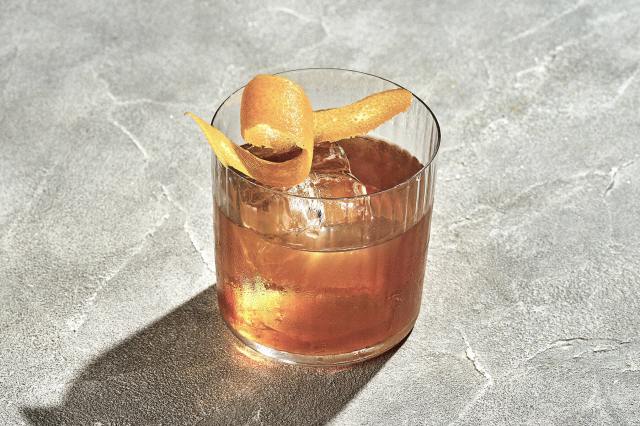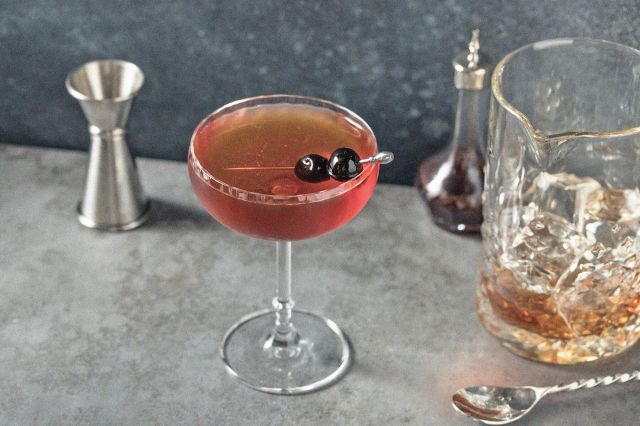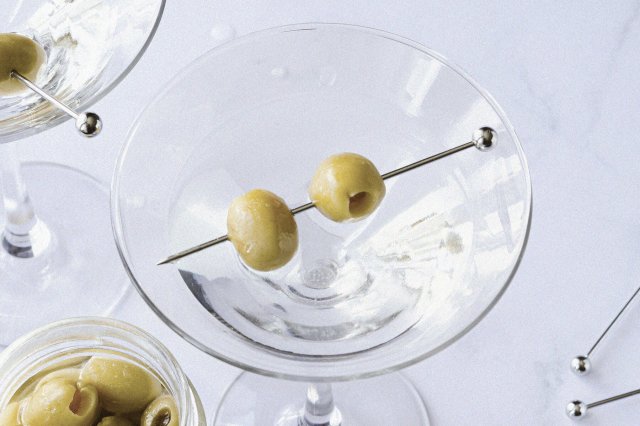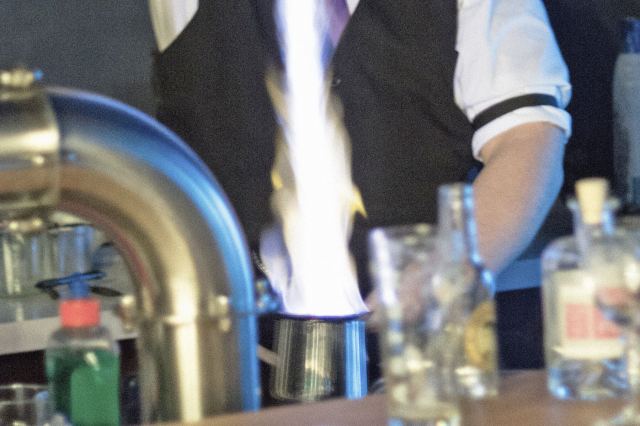5 Timeless Drinks From the Cocktail Golden Age
The mid-1800s to the start of Prohibition in 1920 is considered a golden age of mixology in the United States. Imbibing alcohol had long been a crucial component of Americans’ social lives, but for many years people mainly drank rudimentary ales, ciders, rums, and whiskeys. That began to change during the Industrial Revolution, with the mass-production of alcoholic spirits. As copious amounts of affordable liquor became available, some ingenious bartenders began to experiment with new cocktail recipes, many of which became highly popular and in turn revolutionized the alcohol industry.
By the middle of the 19th century, many new boozy beverages with complex and decadent flavor profiles were being created, giving rise to a golden age of cocktails — a term first used in 1798 to describe a “drink made from water, sugar, spirits, and bitters,” according to etymonline.com. In 1862, New York City bartender and saloon owner Jerry Thomas — who The New York Times called the “Father of American Mixology” — published The Bar-Tenders’ Guide, which is now widely considered the first cocktail book in U.S. history. This foundational text redefined cocktail-making, bringing innovative mixed drinks to the masses and inspiring future creations. Here’s a look at five timeless drinks that came out of this golden age of cocktails.
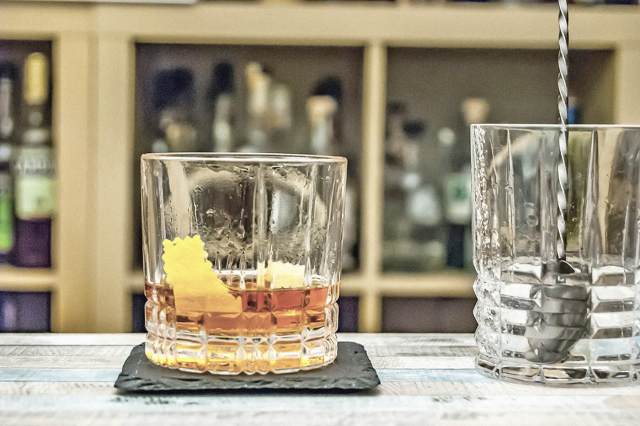
Sazerac
Some sources claim the origins of the Sazerac date back to the 1830s, though that date is disputed; according to drinks columnist and cocktail expert David Wondrich, it was more likely invented during the 1880s or 1890s. Whatever the origins, there’s no disputing the Sazerac is still a beloved classic cocktail, particularly among residents of the city where it was created: New Orleans, Louisiana.
The earliest Sazeracs were made using a French brandy called Sazerac de Forge et Fils Cognac, which was mixed with half a teaspoon of cold water, a sugar cube, a lemon peel, and four dashes of bitters. The purported mastermind behind this libation was pharmacist Antoine Amédée Peychaud, who moved from the French colony of St. Domingue to New Orleans around 1800. (Peychaud is also known for selling his namesake bitters, which have become staples of cocktail bars around the world.)
Around 1885, the cognac in the recipe was swapped out for American rye whiskey, which remains the standard spirit used in Sazeracs. The preparation process is also noteworthy: While the drink is mixed in one glass, another chilled cocktail glass is swirled with a wash of absinthe; the ingredients are then poured into the absinthe-scented glass and served immediately. After well over a century of enduring popularity, Sazerac was declared the official cocktail of New Orleans in 2008.





